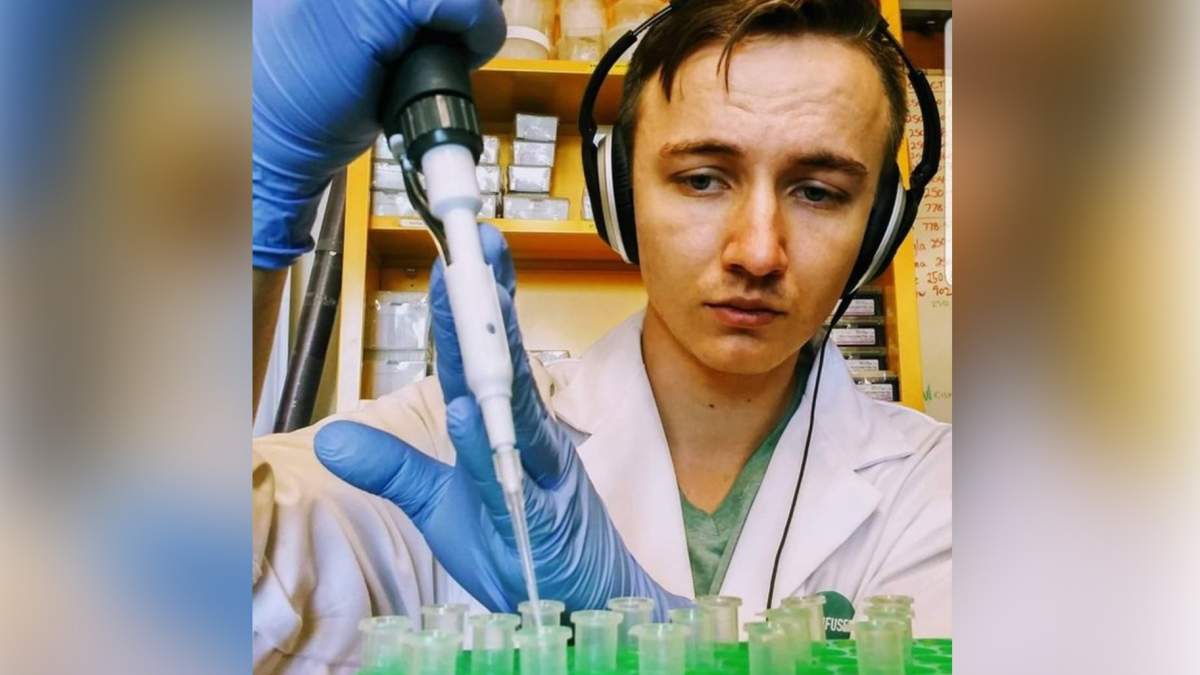Talk about a fun guy — Dawson Creek-born Jinx Pollard-Flamand has discovered two species of fungi in his master’s thesis, which are proving to be highly effective against grapevine trunk disease, a major threat to orchards and wine producers across the province.

Pollard-Flamand says he’s excited to share his team’s research, which has been published in the one and only Journal of Fungi, with the discovery being significant for agricultural science.
“There’s no cure for this disease, once you get it, it’s just a matter of trying to manage it. And in Canada, there are no products to prevent infections, there are no chemical pesticides that you can use, no bio-control products that are registered for grapevine trunk disease,” he said.
“Our plan was essentially to look at the literature for what’s been done around the world, and see what we can do here.”
Pollard-Flamand said the new discovery could potentially save millions of dollars for the wine industry, mitigating the typical death sentence of infected vineyards.
Growers previously resorted to spraying with a specialized type of arsenic as treatment, he said, far from ideal for grapes to be consumed by people.

Get breaking National news
Named Trichoderma Canadense and Trichoderma Viticola, he said the two species are expected to be a highly useful tool for commercial grape growers, with a 70 to 100 per cent clinical effectiveness in eliminating the disease.
“Greater than 80 per cent of grapes that are grown in B.C., are grown just in the Okanagan valley, so it’s a great place to study it,” said Pollard-Flamand, who lives and works in Summerland.

Growing up in Dawson Creek, Pollard-Flamand says his interest in biology started at a young age, which led him to pursue a bachelor’s degree in biochemistry and molecular biology at UBC Okanagan, where he also completed his master’s degree only two years ago.
“I’ve been doing science and school pretty much my entire life,” he said. “I was interested because you learn all of this stuff that sounds like it should be sci-fi, but it’s actually real, and I wanted to get into a molecular lab.”
It’s an endeavour which has paid off in spades, said Pollard-Flamand, who’s worked as a researcher with Agri-Food Canada for over five years, sequencing the DNA of plants and fungi.
“I’ve been able to do stuff like DNA extractions and do preliminary chain reactions, I got to sequence DNA, which I thought was in books only, but I got to do it,” he said.
Pollard-Flamand says he also got the opportunity to speak at a conference on grapevine trunk disease earlier this year, and was excited to share the news with fellow scientists, some even coming from California, another area well known for its wine production.




Comments